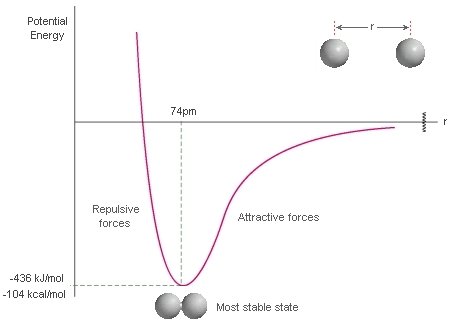Do you know you can not truely touch anything ? Look what science says :)
Yes it is true. Everything you can see, touch, and “feel” is made up of atoms — the infinitesimally small constituent parts of matter. 
It will be clear from this picture even for non-science people. Here x-axis is distance between the atom of your hand and the atom of the matter that you intend to touch. This difference is r, which is the x-axis of this graph. We can see, as r becomes smaller or we get closer to the matter, the potential energy increases. I have to include, In science, positive potential enegry is repulsion and negative potential energy is called attraction. So, for certain magnitude of r, both atoms will attract themself but if they become too much closer then atoms will repulse.
There are so many reasons of this repulsion. But the most important one is the electron-electron repulsion between two atoms, since electrons are negatively charged, they will repulse each other according to Coulomb's law.
I’m sure some of you will wonder, “If electron repulsion prevents us from ever truly touching anything, why do we perceive touch as a real thing?” The answer boils down to how our brains interpret the physical world.
In this case, a number of factors are at work. The nerve cells that make up our body send signals to our brain that tell us that we are physically touching something, when the sensation of touch is merely given to us by the electron interaction. Thank you for your attention.
It's true! I love it! Thanks for bringing more science stuff to Steemit!
it made me remind this:
Love the VSauce Youtube Channel!
Yes, that is an important graph that helps explain a number of phenomena. It is not in the school physics syllabus, but I teach it anyway!
If you write on Physics and wish to be followed by @physics-trail, then click here and leave a comment.
You may also follow @physics-trail for curated Physics articles.
This idea is very hard to understand for common people, but not for us that know the tue for science.